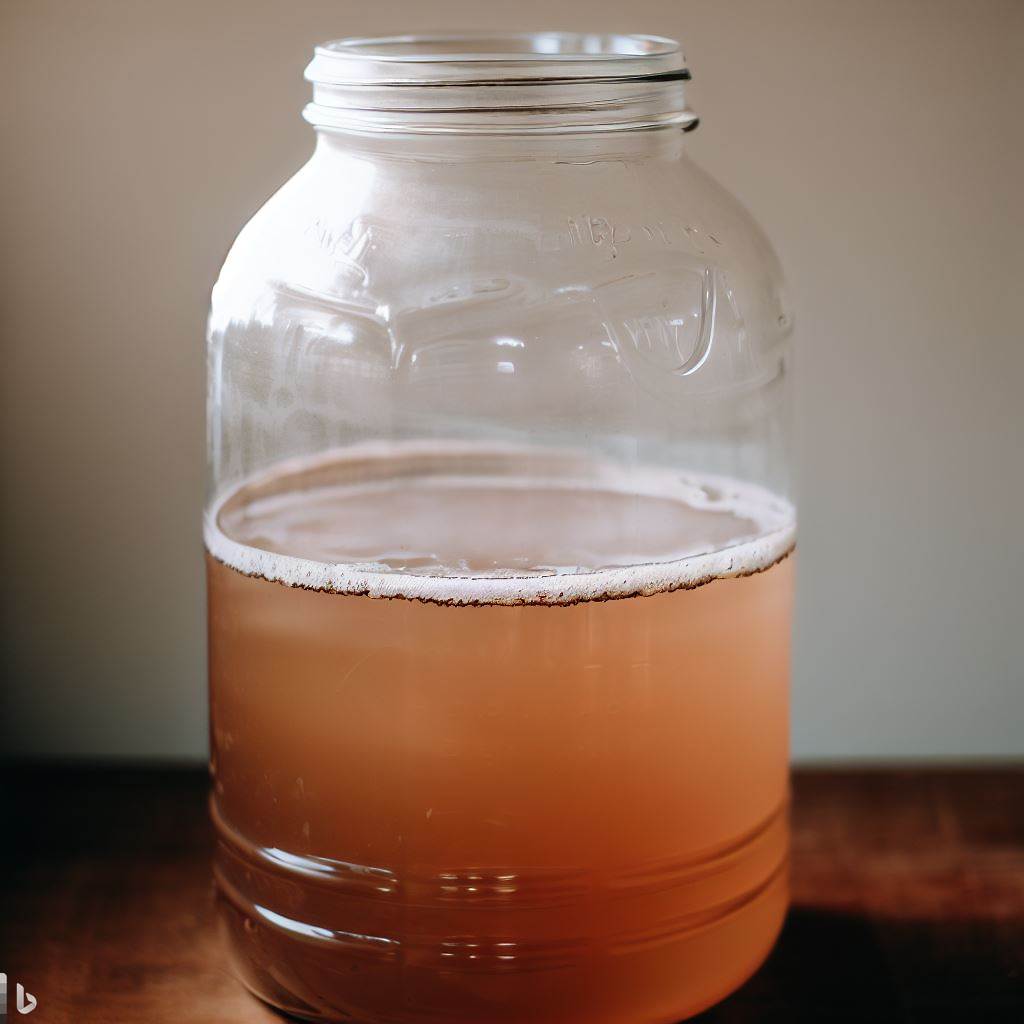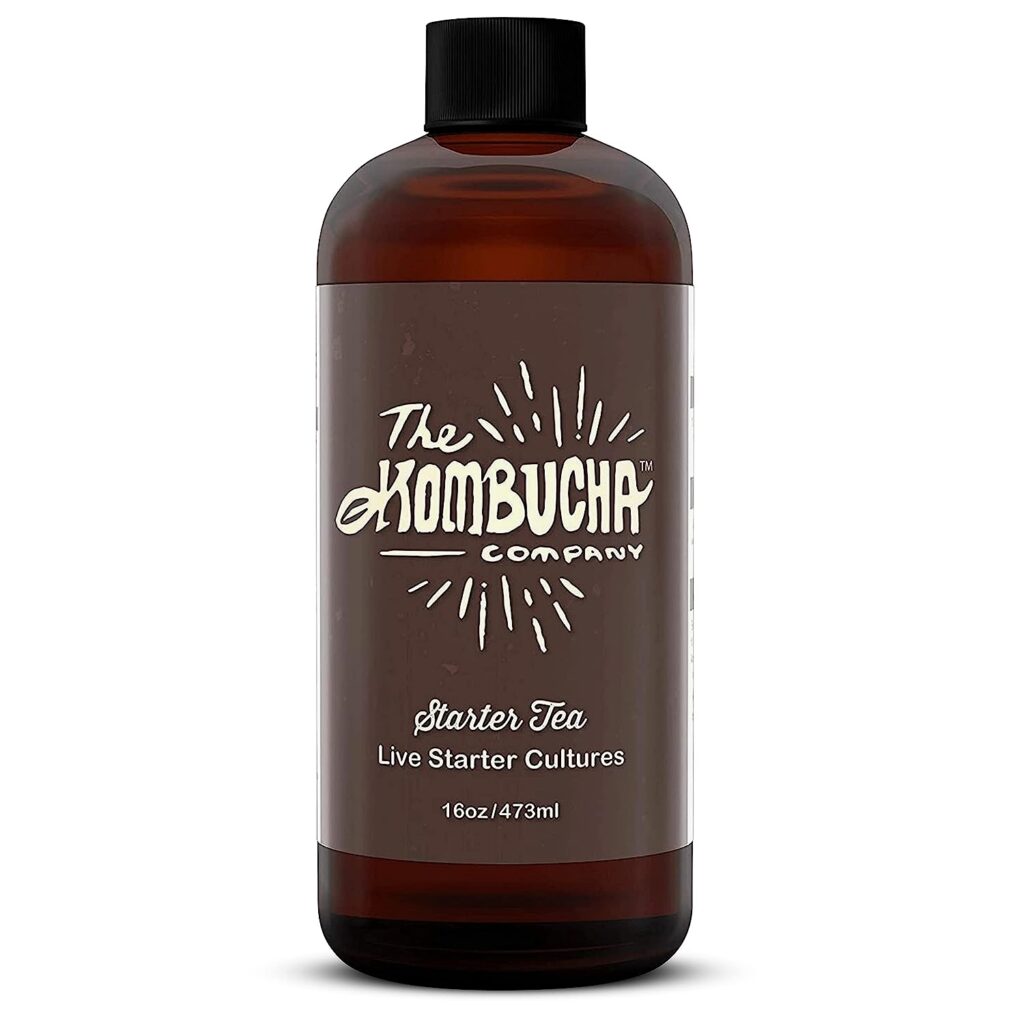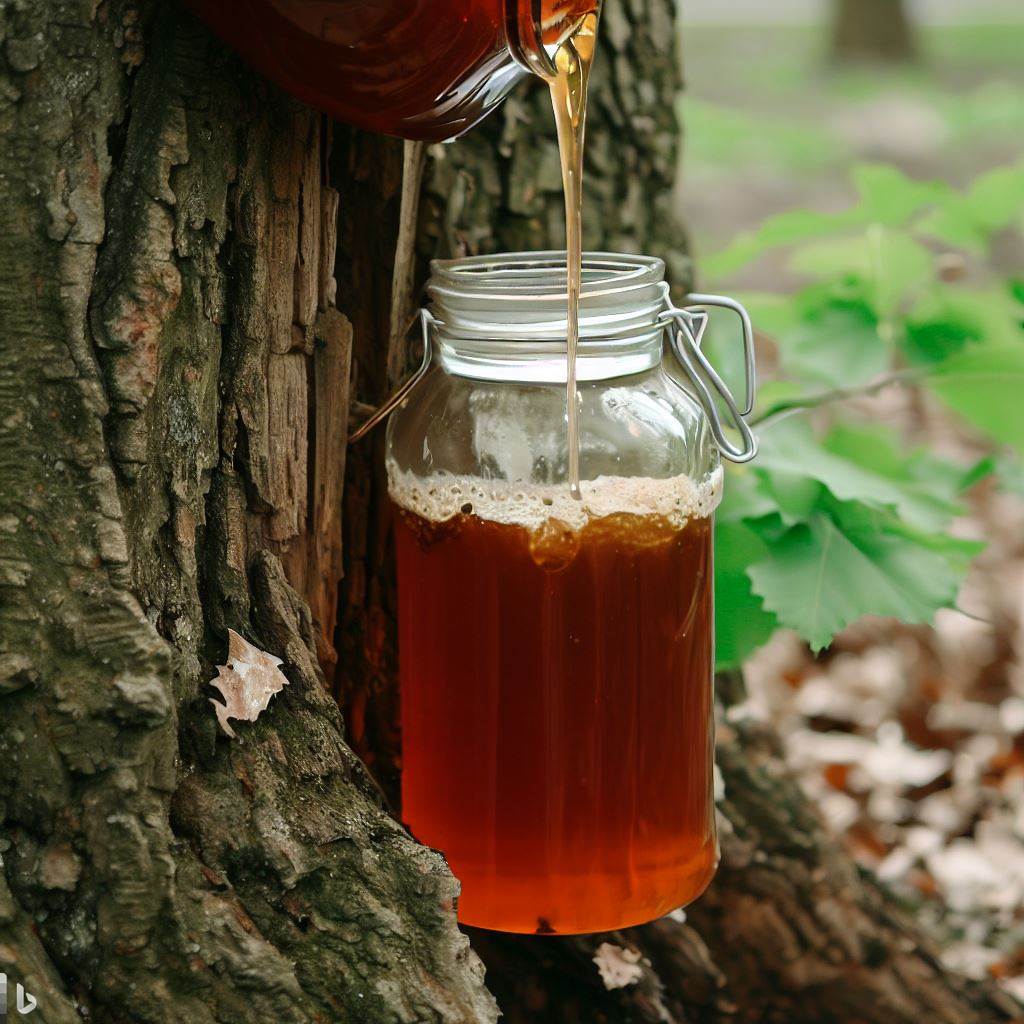The Power of Kombucha Starter Cultures: Controlling Mold Growth and Accelerating Fermentation
The world of fermented foods is vast and diverse, offering a plethora of flavors and health benefits. From yogurt and cheese to sauerkraut and kimchi, these products have been enjoyed for centuries. One crucial element in the production of these fermented delights is the use of starter cultures. In this blog post, we will explore the importance of starter cultures in controlling mold growth. As well as expediting fermentation and ensuring the production of high-quality, delicious, and safe fermented foods.
The Role of Starter Cultures in Fermentation
To begin with, let’s delve into the primary function of starter cultures in the fermentation process. These microorganisms, typically lactic acid bacteria, yeasts, or molds, are responsible for converting sugars and other compounds in the raw ingredients into acids, alcohols, and gases. This transformation not only imparts unique flavors and textures to the final product but also creates an acidic environment that inhibits the growth of harmful bacteria and mold.
Controlling Against Mold Growth
Mold growth is a common concern in the production of fermented foods, as it can lead to spoilage and potential health risks. By using starter cultures, we can effectively control mold growth in several ways. First, the rapid acidification of the fermentation environment, thanks to the metabolic activity of the starter cultures, creates unfavorable conditions for mold growth. Moreover, some starter cultures produce antimicrobial compounds, such as bacteriocins, which further inhibit the growth of mold and other undesirable microorganisms.
Accelerating Fermentation
In addition to controlling mold growth, the power of kombucha starter cultures play a vital role in expediting the fermentation process. By introducing a specific and controlled mix of microorganisms, we can ensure a more predictable and efficient fermentation. This not only saves time and resources but also results in a more consistent final product. Furthermore, a faster fermentation process reduces the window of opportunity for mold and other contaminants to establish themselves, contributing to a safer and higher-quality product.

Consistency and Quality
One of the key advantages of using starter cultures is the ability to achieve consistent results. By using a specific combination of microorganisms, producers can ensure that each batch of fermented product maintains the desired flavor profile and texture. This consistency is crucial for building a loyal customer base and establishing a strong brand identity.
Enhanced Nutritional Value
Starter cultures not only transform the taste and texture of foods but also enhance their nutritional value. During fermentation, the microorganisms break down complex carbohydrates and proteins, making them more easily digestible. Additionally, they produce vitamins, enzymes, and other beneficial compounds that contribute to overall health and well-being.
Choosing the Right Starter Culture:
The selection of a starter culture depends on the desired end product and the specific fermentation process. Different strains of bacteria and yeast have unique characteristics that influence the flavor, texture, and aroma of the final product. Conducting thorough research and consulting with experts can help ensure that you choose the most suitable starter culture for your fermentation project.
The Future of Fermentation:
With the growing interest in natural and sustainable food production, the role of starter cultures in fermentation is becoming increasingly important. These cultures offer a way to produce flavorful and nutritious foods without the need for artificial additives or preservatives. As consumers become more conscious of what they eat, the demand for high-quality fermented products made with carefully selected starter cultures is likely to rise.
The Benefits of Using Starter Cultures
Now that we have established the importance of starter cultures in controlling mold growth and accelerating fermentation. Let’s look at some additional benefits they bring to the table.
- Enhanced flavor and texture: Starter cultures contribute to the development of complex and distinctive flavors and textures in fermented foods. Thus, making them more enjoyable and appealing to consumers.
- Improved nutritional value: Fermentation can enhance the nutritional value of foods by increasing the bioavailability of certain nutrients. Therefore it breaks down anti-nutrients, and producing beneficial compounds such as vitamins and probiotics.
- Extended shelf life: The acidic environment created by starter cultures helps to preserve fermented foods. Which end up extending their shelf life and reducing food waste.
- Food safety: By inhibiting the growth of harmful bacteria and mold, starter cultures play a crucial role in ensuring the safety of fermented foods.

Limited Flavor Variation
While starter cultures provide a reliable and consistent fermentation process, they can limit the range of flavors that can be achieved. The specific combination of bacteria and yeast in the SCOBY determines the flavor profile of the final product. This means that brewers who rely solely on starter cultures may find it challenging to experiment with unique flavor combinations. Additionally the may find it difficult to introduce new taste profiles to their kombucha. SCOBYs that are alraedy mature tend to work better at producing flavors.
Efficiency and Time-Saving
Using a starter culture can significantly speed up the fermentation process. The active bacteria and yeast in the culture, ideally combined with a SCOBY kickstart the fermentation. Thereby reducing the time required for the tea to transform into kombucha. This efficiency is particularly advantageous for commercial brewers. These volume brewers need to produce large quantities of kombucha within a specific timeframe.
Conclusion
In conclusion, the use of starter cultures in the production of fermented foods is essential for controlling mold growth and expediting fermentation. Cultures also help ensure a high-quality, safe, and delicious final product. The importance of understanding and harnessing the power of starter cultures cannot be overstated.
So, why do you think using starter cultures is so important to control mold growth and expedite fermentation? Post in our blog and start the discussion!
Want to Learn More?
Check out our QuickStarter Guide
Check out our Supply List for Kombucha Brewing
Learn on the Importance of a Scoby








